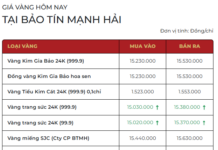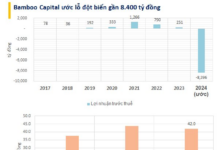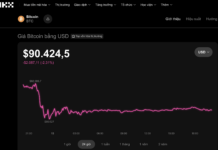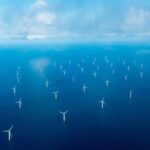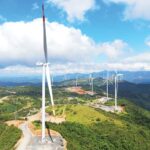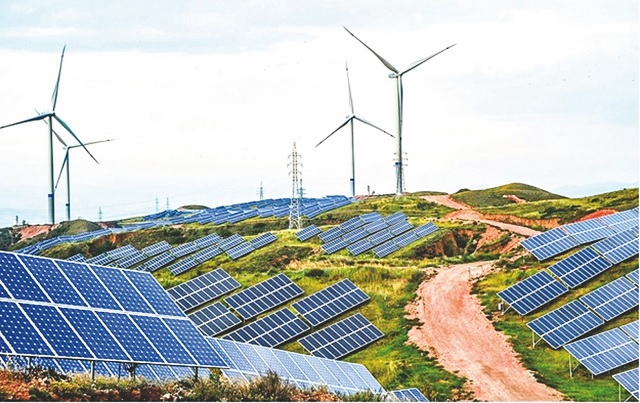
Illustrative image of incentives and support for solar and wind power projects with energy storage systems
|
Incentives and Support for Solar and Wind Power Projects with Energy Storage Systems
In the draft, the Ministry of Industry and Trade proposes incentives and support policies for solar and wind power projects with energy storage systems.
According to the draft, solar and wind power projects with energy storage systems that are connected to the national power grid will enjoy the following preferential mechanisms:
– Priority will be given to mobilizing power sources in accordance with current regulations on the power system and the electricity market.
– The energy storage systems of solar and wind power projects are considered goods and products that are eligible for tax incentives in accordance with the law.
– Other preferential mechanisms in accordance with current legal regulations.
Prioritizing and Supporting Research and Development of Suitable Wind and Solar Power Technologies
In addition, the draft proposes policies to prioritize and support the research and development of suitable wind and solar power technologies.
Specifically: Research and development of wind and solar power technologies in Vietnam are encouraged and supported in accordance with Article 8 of the Law on Electricity and relevant legal regulations.
The state gives priority to research and development programs, application of science and technology, production of solar cells, wind turbines, and power conversion equipment.
Other preferential policies in accordance with current legal regulations.
Conditions for Applying Incentive Policies and Support for the Development of New Energy Sources
The draft clearly states that new energy projects that meet the following conditions shall be eligible for the mechanisms and policies specified in Clause 2, Article 23 of the Law on Electricity:
a- New energy projects that produce electricity from 100% green hydrogen or 100% green ammonia or a mixture of these two sources;
b- Projects that supply electricity to the national power grid;
c- The first project of its kind for each new energy type.
The above-mentioned projects are clean energy projects that fall under the category of industries and sectors that are granted special investment incentives in accordance with investment laws. In addition to the investment incentives specified in investment laws, they shall also enjoy the following incentives:
– Exemption from sea area usage fees during the construction period. A 50% reduction in sea area usage fees for a period of 09 years from the date of commencement of operation.
– Exemption from land use fees and land rental fees during the construction period. After the construction period, the exemption and reduction shall be implemented in accordance with the laws on investment and land.
– A minimum of 80% of the contracted electricity output over the term of principal debt repayment but not exceeding 12 years for projects selling electricity to the national power grid.
|
The Law on Electricity No. 61/2024/QH15 stipulates: New energy electricity is electricity produced from one or more of the following sources: Green hydrogen; green ammonia; other new forms of energy as prescribed by law. Renewable energy electricity is electricity produced from one or more of the following primary energy sources: Solar energy; wind energy; ocean energy, including tidal, wave, and current energy; geothermal energy; hydropower; biomass energy, including biofuels and other energy sources derived from plants; energy from waste generated in the process of production, business, and daily life, excluding waste from production and business activities that use fossil fuels and waste determined to be hazardous according to environmental protection laws; other renewable energy sources as prescribed by law. |
Proposed Foreign Capital Limit of Up to 65% in the Offshore Wind Power Project Consortium
The Ministry of Industry and Trade has proposed an offshore wind power project with an attractive incentive package. During the construction phase, the project will be exempt from sea area usage fees, and for the first 12 years of operation, these fees will be reduced by 50%. Notably, the proposal includes a requirement for foreign investors to partner with Vietnamese enterprises, with foreign ownership not exceeding 65%.
Unlocking Vietnam’s Renewable Energy Potential: Overcoming Hurdles for a Brighter Future by February 2025
Prime Minister Pham Minh Chinh has instructed relevant authorities to address all obstacles and challenges faced by renewable energy projects by January 31, 2025. This proactive measure aims to prevent wastefulness of already invested capital and ensure a supplementary energy source to meet the economic development goals for 2025.










